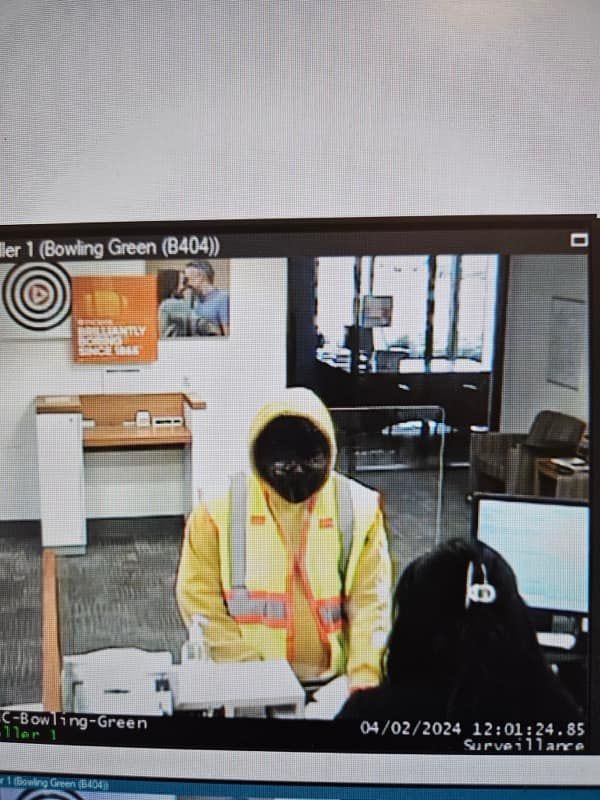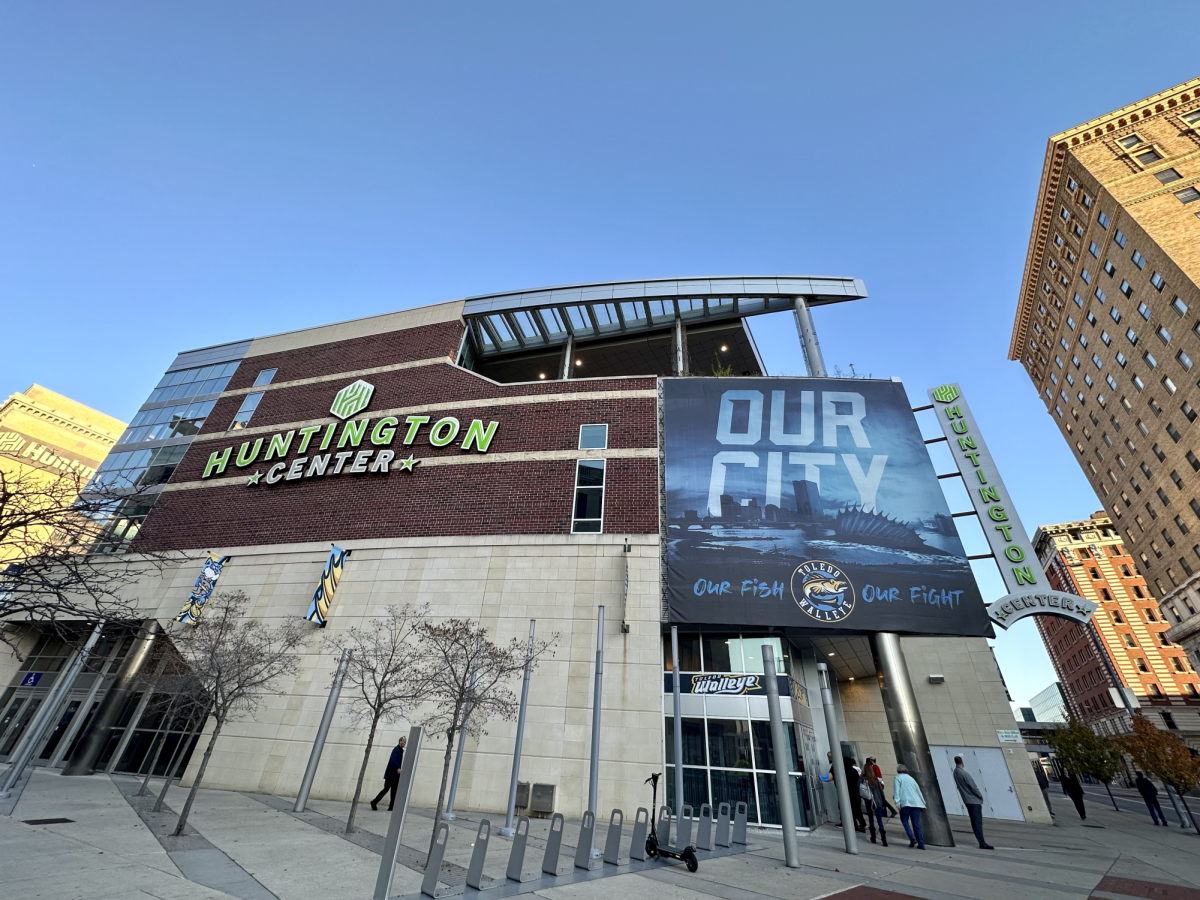There is an underwater treasure waiting to be explored right here on campus.
‘The marine lab has been around since 1963,’ said marine lab coordinator Dr. Matthew Partin, ‘when University professor Cynthia Stong returned from a field trip with a few fish in pickle jars.’
Those pickle jars evolved into what is now a fully functional marine laboratory boasting 3,000 gallons of seawater and 66 genera of marine life.
The marine lab is open to curious students on a daily basis who are welcome to come in for any reason.
‘You don’t have to be a marine biology major to go in here,’ said Alex Wilson, a junior and biology major who volunteers in the lab.
Last summer, Wilson came to the marine lab because he could not have pets where he lived.
So instead, Wilson took care of seahorses in the lab.
‘Here, I had something to take care of and see every day.’ he said.
‘Anybody can just walk in and look around, any time from 9 a.m. to 5 p.m.’ Partin said. ‘It’s there for the appreciation of anyone and everyone.’
In the lab, one can expect to see everything from corals and sea urchins to a variety of marine fish.
There are plenty of curious sights to be seen in the lab, including five spotted bamboo sharks.
‘They are mostly found in the Indian Ocean,’ Wilson added. ‘so they’re from across the world, and you get a chance to see them right here.’
According to Jake Graving, a sophomore biology major with a specialization in aquatic studies, the bamboo sharks differ from what people assume normal sharks to be like.
‘The bamboo sharks are more like scavengers, and will dig for crustaceans and mollusks,’ he said. ‘Unlike normal sharks, they don’t have to keep moving at all times to keep breathing.’
Swimming among the sharks is a Lionfish, who is no less interesting than its roommates in the tank.
The Lionfish is in the tank since it has a similar diet as the sharks, and because both species are aggressive, Graving said.
But the Lionfish has a surprising feature.
‘It has venomous spines that act like hypodermic needles,’ Graving explained, ‘so when they pierce an animal’s skin they inject poison inside.’
University senior Nicholle King, a biology major with a specialization in aquatic studies, has spent the majority of her summer volunteering in the lab.
King explained that although the lab is home to many saltwater fish exotic to this area, it also houses native species that are just as interesting.
‘I think that all fish are equally important,’ she added. ‘They are fish just as much as saltwater fish, and I think we take it for granted that they’re in our area.’
The shark tank and the native species tank are just two out of the many that need constant maintenance and care in the lab, and student volunteers like King, Graving and Wilson are shouldering the responsibility this summer.
‘If I’m going to be here,’ King said. ‘I’m going to spend my time wisely.’
According to King, a lot of work goes into maintaining the lab.
‘Feeding alone takes from an hour to an hour and a half, and we do that three days a week’ she said.
Another major responsibility of the marine lab volunteers is to monitor the water quality of each tank.
‘Normally there would be a group of about 20 students working in the lab each day,’ Graving added. ‘But during the summer there are only about six or seven working here.’
There are perks to spending time in the marine lab, including the opportunity to do unique research.
Graving takes care of the coral reef systems in the lab, and is also currently studying the correlation between different environmental variables and their affect on coral growth.
‘The neat thing is, you’re not just taking care of them but actually propagating them and making new colonies,’ he said. ‘If you think about how corals are dying all over the world and how they are sensitive animals, it feels great to be able to say ‘oh, I’m growing coral’-it’s just so rewarding.’
Wilson has witnessed the effort put in by King and Graving.
‘I’ve seen these guys come in early in the morning, and I’ll go to classes and come back, and they’re still in there working, and taking care of the fish,’ he said. ‘It’s a little bit of work, but it’s a good responsibility.’
Wilson has spent the summer helping with the marine lab’s community outreach and education programs.
Each Thursday, school groups from all over the Toledo area visit and experience what the lab has to offer.
‘Every kid that walks through the lab, they’ve all watched Finding Nemo, but they’ve never even seen a clownfish before,’ Partin said.
Although working in the lab is a big time commitment, it is clear that the marine lab volunteers enjoy being in the lab.
‘Once you start working here, it becomes like a second home,’ he said. ‘You get really used to spending time in the lab.’
Partin agrees that time in the lab is time well spent.
‘It’s really satisfying work to build an aquarium, set it up, and to know everything there is to know about the habitat and needs of those animals,’ he said.























